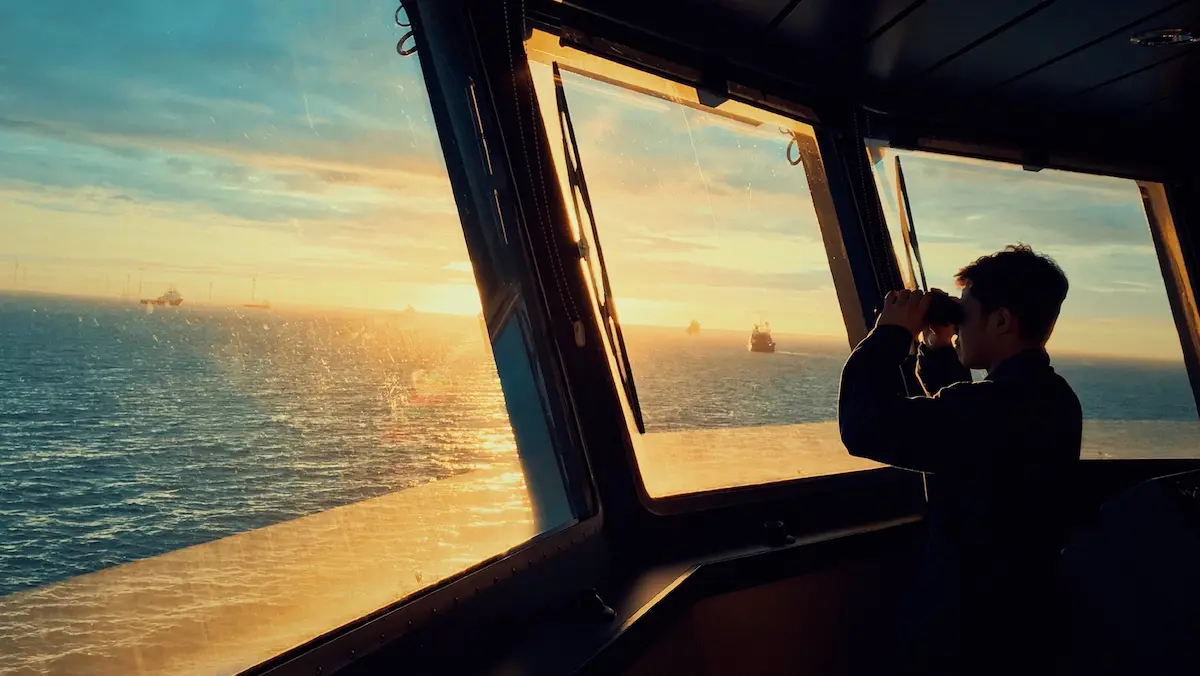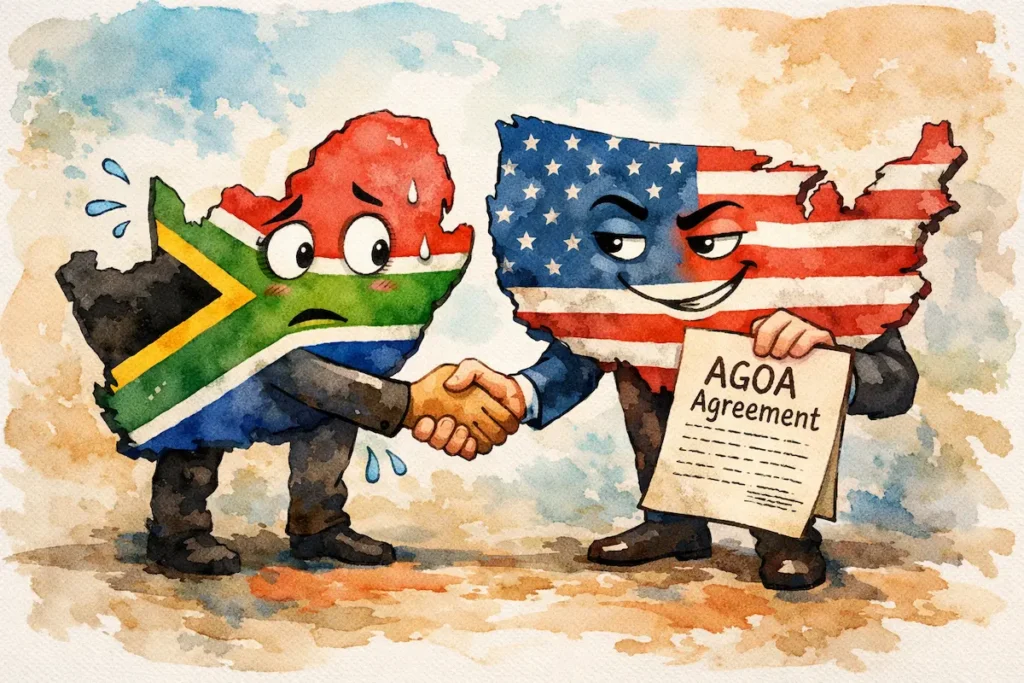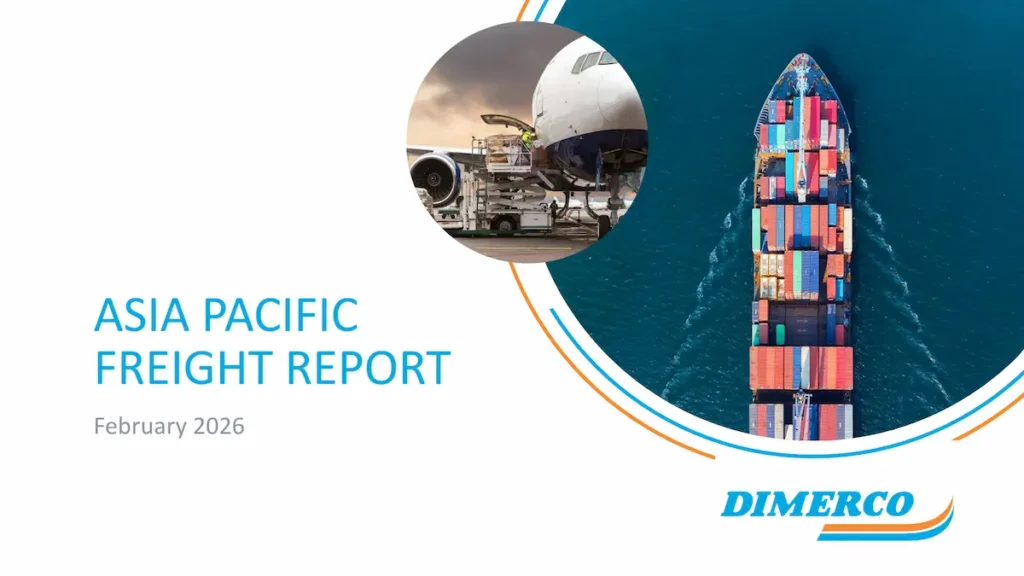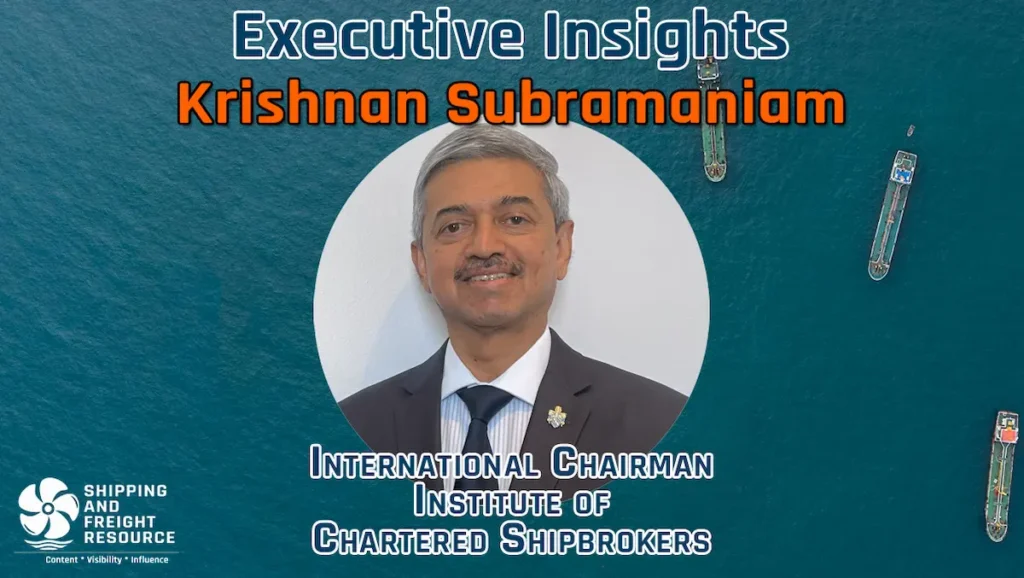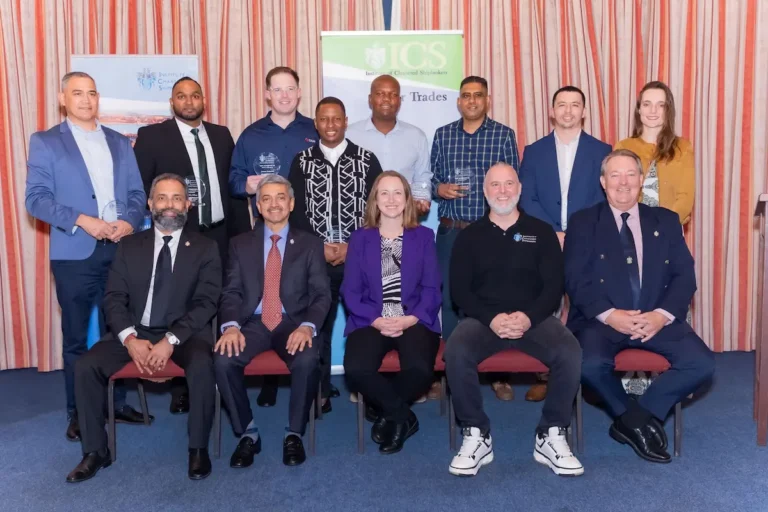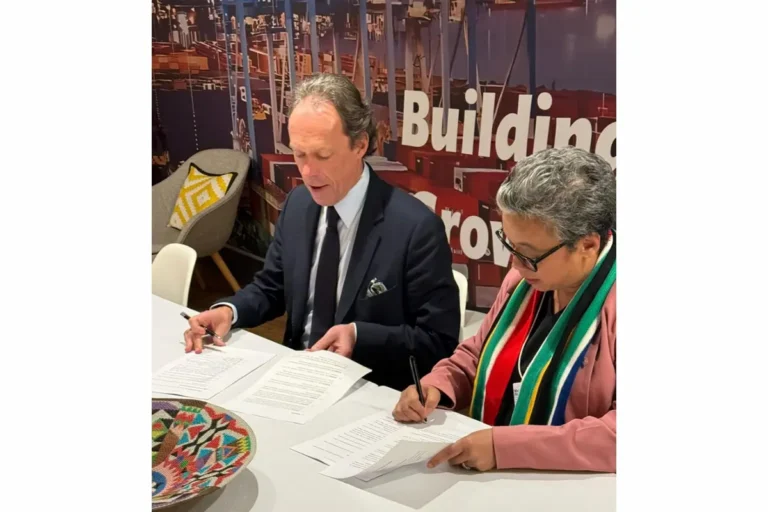Imagine spending months at sea, far from family, working 12-hour shifts or longer with little rest, under pressure to deliver cargo on time..
Now add the risk of harassment or assault in an environment where reporting might lead to retaliation or even dismissal..
This is the reality faced by many of the world’s 2 million seafarers..
Yet, these individuals who are the beating heart of global trade, moving over 80 percent of goods by volume.. Without them, supermarket shelves would empty, factories would stall, and economies would falter..
To counter these issues, the International Maritime Organization (IMO) has launched an initiative that goes beyond regulations and targets the human element of shipping with new urgency..
A renewed mission for safety management
Meeting in London for its 110th session in June 2025, the IMO’s Maritime Safety Committee (MSC) committed to strengthening the International Safety Management (ISM) Code – the global standard for the safe management and operation of ships..
Why is this important..?? Because the ISM Code is supposed to ensure ships are managed safely, but gaps in implementation remain, especially around crew welfare..
Fatigue, overwork, harassment, and assault are not just HR problems – they are safety hazards with the potential to cause catastrophic accidents..
The Committee decided to launch a comprehensive revision of IMO guidelines on ISM Code implementation, both for Administrations and for shipping companies..
Over the next three years, the IMO’s Implementation of IMO Instruments (III) and Human Element, Training and Watchkeeping (HTW) Sub-Committees will lead this work..
Their goal is not only to close compliance gaps but also to embed a culture of safety and respect at sea..
Addressing violence and harassment on ships
One of the most powerful parts of this initiative is its direct focus on preventing violence and harassment, including sexual harassment, bullying, and assault..
Recommendations, developed by the Joint IMO/ILO Tripartite Working Group, call on shipping companies and national authorities to integrate these policies into their safety management systems..
Key requirements will include:
- Policies to prevent, report, respond to, and document violence and harassment, with clear victim care, protection against retaliation, and risk assessments..
- Compliance with national laws and guidance from industry bodies..
- Clear assignment of responsibilities to company senior management and maritime administrations, with adequate resources for medical and mental health support..
- Training and familiarisation for seafarers and shoreside staff..
For too long, these issues have been whispered about in corridors, if they were acknowledged at all.. By making them integral to safety management, the IMO is signalling that the time for silence is over..
Tackling fatigue through work and rest hours
Fatigue at sea is a silent threat.. Long and irregular hours, limited crews, and relentless commercial pressure push many seafarers to their limits.. Mistakes made in such conditions can lead to groundings, collisions, or environmental disasters..
To address this, the Committee has prioritised work on hours of work and rest, launching a scoping exercise of legal instruments to identify gaps and solutions..
The HTW Sub-Committee, in association with the III Sub-Committee, will analyse IMO provisions over two years (2026-2027) and consider expert recommendations, such as:
- Reviewing the ISM Code to introduce complaint procedures for non-compliance..
- Strengthening the master’s authority to escalate breaches without fear of reprisal..
- Embedding safety culture as a core objective on ships..
Additionally, the Committee noted that gaps in the International Convention on Standards of Training, Certification and Watchkeeping for Seafarers (STCW Convention) around hours of rest will be addressed in its ongoing review..
Looking beyond the human element
The MSC’s 110th session was busy on other fronts too, showing that while crew welfare is crucial, the safety and future of shipping is multifaceted..
Other decisions included:
- Making progress on a non-mandatory Code for Maritime Autonomous Surface Ships (MASS), with 24 of 25 chapters finalised..
- Advancing safety regulations for ships using new technologies and alternative fuels to cut greenhouse gas emissions..
- Adopting a resolution to encourage maritime information-sharing through national and regional centres..
- Endorsing work on a non-mandatory cybersecurity Code..
- Amending SOLAS Convention requirements to strengthen pilot transfer arrangements..
These may sound technical, but they all aim to support a safer, greener, and more resilient shipping industry..
Why this matters now
For many reading on shore, these issues might feel remote.. But every coffee bean, smartphone, or T-shirt you buy likely spent time on a ship crewed by seafarers..
Their safety and well-being are not optional extras – they are essential to keeping global trade moving smoothly and safely..
The IMO’s renewed focus on the human element is both overdue and welcome.. It is a recognition that regulations on paper must translate into real protection for people at sea..
Because at the end of the day, shipping is not just about steel, cargo, and schedules.. It is about people – and they deserve to work in safety, dignity, and respect..
Awaiting the full IMO meeting summary, and let us hope this marks the beginning of lasting change across the industry..

